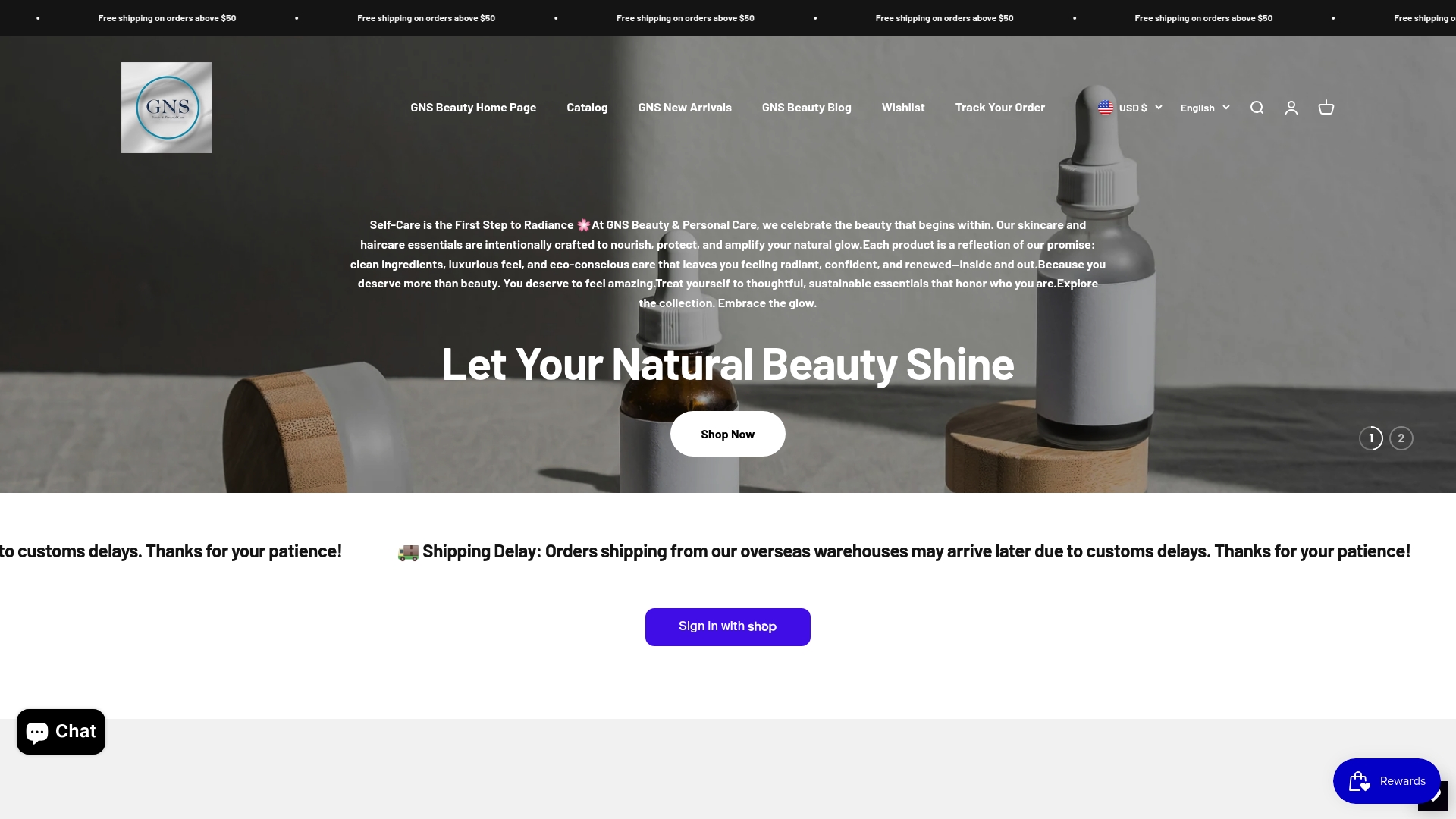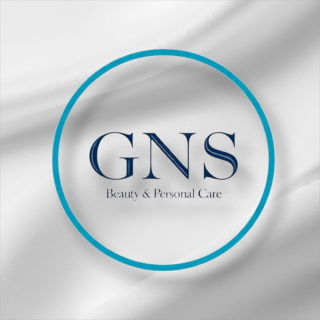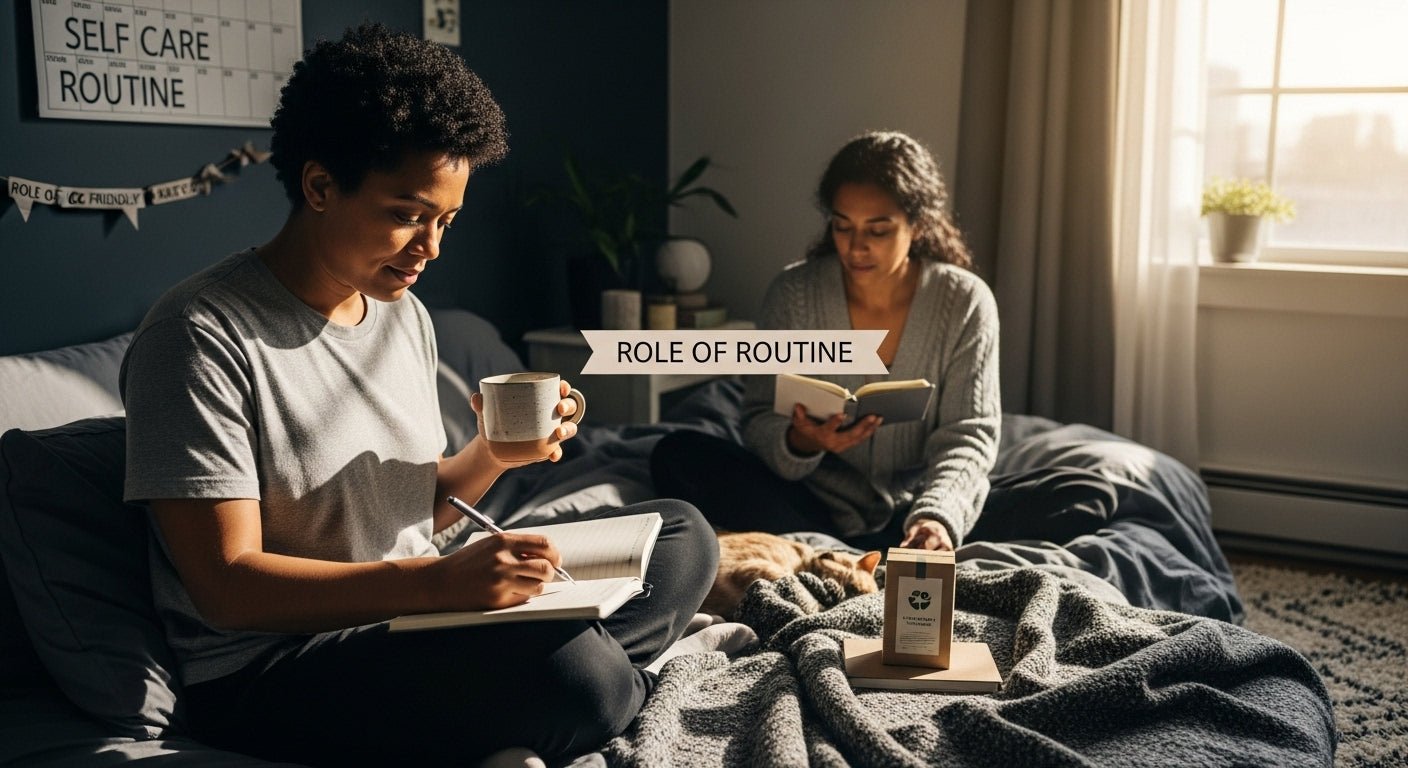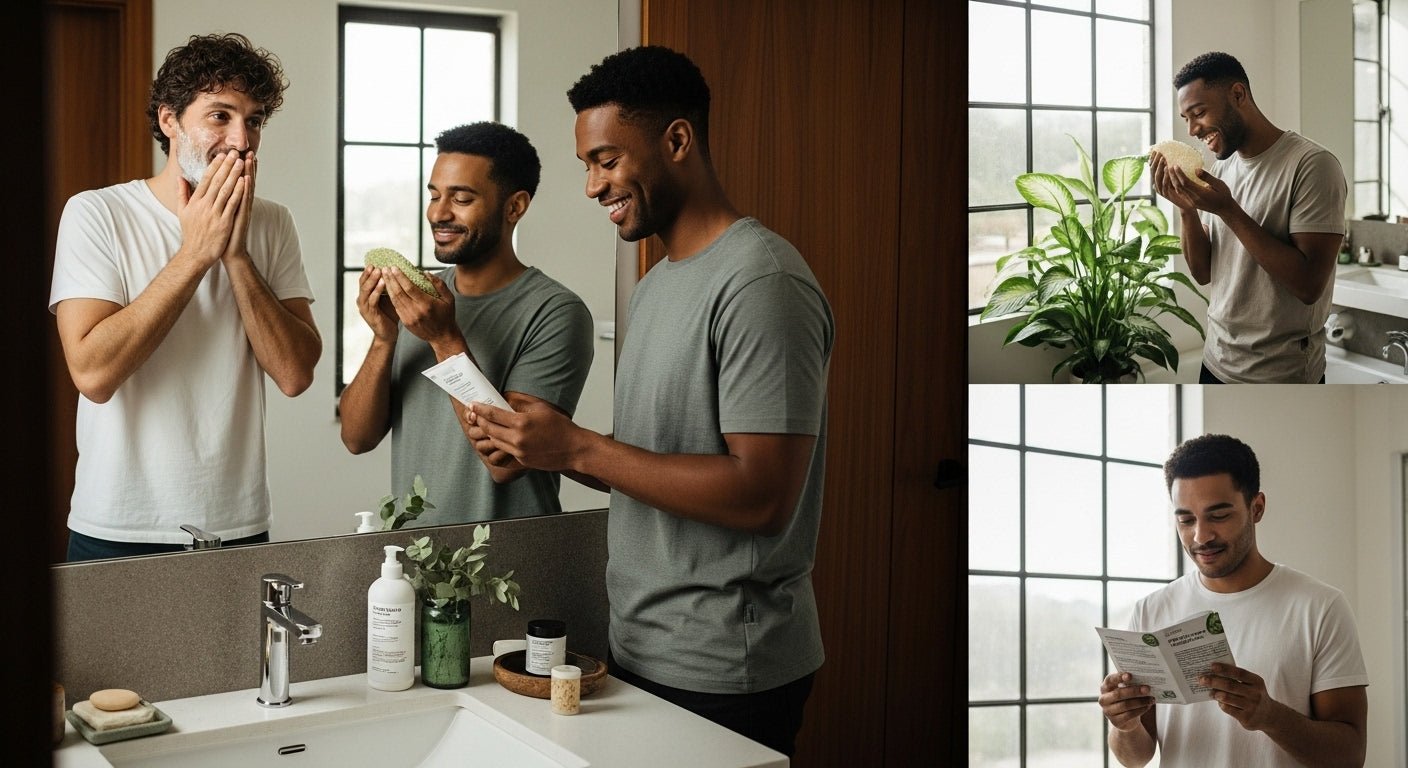Most people think of a routine as just a list of things to do every day. That sounds boring or even restrictive at first. But the evidence flips that idea upside down. Studies show that simple daily routines can dramatically lower stress levels, improve brain function, and even boost the immune system. When you see routine as a set of intentional habits instead of mindless repetition, ordinary moments turn into powerful opportunities for real self care.
Table of Contents
- Defining Routine: What It Means For Self Care
- The Significance Of Routine In Personal Wellness
- How Routine Impacts Mental And Physical Health
- Key Elements Of An Effective Self Care Routine
- Real-World Applications: Routine In Daily Life
Quick Summary
| Takeaway | Explanation |
|---|---|
| Establish Consistent Routines | Create predictable daily practices to manage stress and anxiety. Regularity promotes a sense of control and accomplishment in your life. |
| Personalize Your Self-Care | Tailor your routine to fit your unique needs and energy levels. A customized approach enhances the effectiveness of your wellness practices. |
| Transform Mundane Activities | Integrate self-care into daily tasks like commuting or meal prep. Small, intentional actions can yield significant benefits over time. |
| Emphasize Holistic Health | Focus on integrating physical, mental, and emotional self-care into your routine. A balanced approach cultivates overall well-being and resilience. |
| Start with Micro-Goals | Set achievable, small goals to build your routine gradually. This helps maintain motivation and encourages ongoing commitment to personal wellness. |
Defining Routine: What It Means for Self Care
Routine represents more than just a series of repetitive actions. In the context of self care, routine becomes a powerful framework for intentional personal wellness and psychological stability. By understanding how consistent practices shape our daily experiences, we can transform mundane activities into meaningful opportunities for growth and self-nurturing.
The Conceptual Foundation of Routine in Self Care
At its core, routine is a structured approach to managing personal well-being. According to research published in the International Journal of Nursing Sciences, self-care routines are systematic processes involving maintenance, monitoring, and management of personal health. These routines provide predictability and control in an often chaotic world, creating psychological safety and reducing decision fatigue.
Key characteristics of effective self-care routines include:
- Consistency in execution
- Personalization to individual needs
- Adaptability to changing life circumstances
- Intentional focus on holistic wellness
Psychological and Physiological Benefits of Structured Routines
Routines are not merely external actions but internal mechanisms that support mental and physical health. They act as scaffolding for personal development, helping individuals establish boundaries, manage stress, and create sustainable lifestyle patterns. The psychological comfort derived from predictable activities allows individuals to conserve mental energy, reduce anxiety, and develop a sense of accomplishment.
To clarify the unique impact that establishing a routine has across various aspects of personal wellness, the table below breaks down key psychological and physiological benefits as outlined in the article.
| Benefit | Description |
|---|---|
| Reduced Anxiety and Stress | Predictable routines lower stress levels and decrease anxiety by fostering feelings of control. |
| Enhanced Emotional Regulation | Consistency in daily practices improves mood regulation and emotional stability. |
| Increased Mental Clarity | Routine helps conserve mental energy and enhances focus for decision-making and productivity. |
| Improved Immune System Function | Structured self-care can boost immune response, reinforcing physical health. |
| Prevention of Burnout | Regular self-care rituals protect against exhaustion and promote long-term resilience. |
| Greater Sense of Accomplishment | Daily routines provide tangible achievements, building self-esteem and motivation. |
Moreover, routine-based self-care approaches enable individuals to transform abstract wellness goals into tangible, executable actions. By breaking down complex wellness objectives into manageable daily practices, people can create incremental progress toward comprehensive personal development. This approach emphasizes that self-care is not a destination but a continuous, evolving journey of intentional living.
The Significance of Routine in Personal Wellness
Personal wellness is not a destination but a continuous journey of intentional living, where routine serves as the compass guiding individuals toward holistic health and balanced living. Understanding the profound impact of structured daily practices reveals how seemingly simple actions can create transformative outcomes for mental, physical, and emotional well-being.
Building Psychological Resilience Through Consistent Practices
Routines function as powerful psychological scaffolding, providing structure and predictability in an unpredictable world. According to research from the University of Chicago, establishing consistent self-care practices helps prevent burnout, reduce stress, and refocus personal energy toward meaningful goals. These structured practices create a sense of control and accomplishment, enabling individuals to navigate complex life challenges with greater emotional stability.
Key psychological benefits of wellness routines include:
- Reduced anxiety and stress levels
- Enhanced sense of personal agency
- Improved emotional regulation
- Increased mental clarity and focus
Holistic Health Integration Through Daily Rituals
Wellness routines transcend mere physical activities, representing a comprehensive approach to integrating health across multiple dimensions. By deliberately designing daily practices that address physical, mental, and emotional needs, individuals create a harmonious ecosystem of personal care. These intentional rituals transform basic activities into opportunities for self-reflection, growth, and rejuvenation.
The true power of wellness routines lies not in their complexity but in their consistent implementation. Small, deliberate actions performed regularly can generate exponential improvements in overall quality of life, demonstrating that sustainable personal wellness is built through mindful, incremental investments in oneself.
How Routine Impacts Mental and Physical Health
Routines are more than mere schedules. They represent intricate mechanisms that fundamentally influence human physiological and psychological functioning, creating complex interconnections between daily practices and overall wellness. Understanding these profound relationships reveals how structured behaviors can dramatically transform health outcomes.
Neurobiological Foundations of Routine
Our brains are fundamentally wired to seek patterns and predictability. Research from the International Journal of Environmental Research and Public Health demonstrates that consistent daily routines trigger neurochemical responses that stabilize mood, reduce stress hormones, and promote emotional regulation. These neurobiological mechanisms illustrate how deliberate repetitive actions can recalibrate internal biological systems.
Key neurological benefits of maintaining consistent routines include:
- Reduced cortisol production
- Enhanced neural pathway efficiency
- Improved cognitive flexibility
- Stabilized emotional processing
Physiological Cascades of Structured Living
Routines create cascading effects across multiple physiological systems. When individuals establish predictable patterns of sleep, nutrition, physical activity, and stress management, they essentially program their bodies toward optimal functioning. These structured approaches enable the body to anticipate and prepare for various daily demands, reducing unnecessary metabolic stress and promoting more efficient energy utilization.
Moreover, routine-driven behaviors trigger complex hormonal and immune responses that contribute to long-term health resilience. By creating environments of consistent care and deliberate action, individuals can fundamentally reshape their physiological responses, transforming potential sources of stress into opportunities for holistic wellness and sustained vitality.
Key Elements of an Effective Self Care Routine
Creating a meaningful self-care routine requires strategic planning and holistic understanding. It is not about random activities but intentional practices designed to nurture physical, mental, and emotional well-being. Developing a comprehensive approach transforms self-care from a sporadic concept into a sustainable lifestyle strategy.
Foundational Components of Holistic Self-Care
Framingham University highlights that effective self-care encompasses multiple interconnected dimensions. The most impactful routines balance physical health, emotional resilience, and personal growth. These dimensions work synergistically, creating a robust framework for overall wellness.

Key foundational elements include:
- Physical restoration through consistent sleep patterns
- Nutrition that supports metabolic and cognitive functions
- Regular physical movement and exercise
- Emotional processing and stress management techniques
Strategic Design of Personal Wellness Practices
Successful self-care routines are not universal but deeply personalized. They require honest self-assessment, realistic goal setting, and continuous adaptation. Individuals must recognize their unique needs, energy patterns, and potential challenges when designing their approach.
For those seeking deeper insights into wellness strategies, check out our latest wellness resources to complement your self-care journey. The most effective routines integrate deliberate practices that address individual physical, psychological, and emotional requirements, transforming daily activities into opportunities for profound personal development and sustainable health enhancement.
This table organizes the foundational elements of an effective self-care routine, helping clarify how each component contributes to holistic wellness as described in the article.
| Element | Role in Self-Care Routine |
|---|---|
| Sleep Consistency | Restores energy, supports cognitive function, and aids emotional regulation. |
| Nutritious Eating | Fuels metabolic and brain processes, enhancing overall vitality and resilience. |
| Physical Activity | Boosts mood, strengthens the body, and supports long-term health. |
| Stress Management | Reduces the physiological impact of stress and fosters emotional balance. |
| Personalization | Tailors the routine to individual needs, increasing sustainability and engagement. |
| Micro-Goals | Builds consistency and motivation through achievable, incremental targets. |
Real-World Applications: Routine in Daily Life
Routine transforms abstract wellness concepts into tangible, actionable strategies that seamlessly integrate into everyday experiences. By understanding how structured practices can be implemented across various life domains, individuals can develop sustainable approaches to personal care that feel natural and achievable.
Practical Integration of Self-Care Strategies
Research from the International Journal of Environmental Research and Public Health demonstrates that effective routines are less about rigid adherence and more about creating flexible, personalized frameworks that adapt to individual lifestyles. Successful routine implementation requires a nuanced understanding of personal energy patterns, responsibilities, and psychological needs.
Key practical considerations for routine development include:
- Identifying natural transition points in daily schedules
- Matching self-care activities to personal energy levels
- Creating realistic and achievable micro-goals
- Building accountability mechanisms
Transforming Mundane Moments into Wellness Opportunities
Daily life presents numerous opportunities for integrating self-care practices that might initially seem insignificant. Simple actions like mindful breathing during commutes, structured morning preparation, or intentional evening wind-down rituals can profoundly impact overall well-being. These micro-moments of deliberate attention create cumulative benefits that extend far beyond their immediate execution.
By reframing routine as a dynamic, evolving process of personal nurturing, individuals can develop a more compassionate and sustainable approach to self-care. The goal is not perfection but consistent, intentional engagement with practices that support holistic health and personal growth.

Transform Your Self-Care Routine With Solutions That Work
Struggling to make self-care routines stick or finding it hard to create daily habits that truly support your wellness? The article emphasized how building consistent routines delivers real mental and physical benefits but also highlighted how overwhelming it can be to actually turn those goals into easy, actionable steps. Many readers feel frustrated by endless options and a lack of products that truly align with their wellness journey.

Let GNS Beauty & Personal Care bridge this gap for you. Our curated selection of eco-conscious skincare, haircare, fitness, and beauty essentials is designed to help you craft effective rituals without the guesswork. Explore wellness-enhancing product collections perfectly suited for daily use, or browse our latest wellness resources for guidance. If you are ready for a smoother, more rewarding self-care experience, visit GNS Beauty & Personal Care today. Give yourself the chance to feel and look your best—start achieving a routine that truly supports your well-being now.
Frequently Asked Questions
What is the significance of routines in self-care?
Routines provide structure and predictability, which promote psychological safety and reduce decision fatigue, ultimately enhancing personal wellness and mental stability.
How can routines improve mental health?
Consistent routines reduce anxiety and stress levels, enhance personal agency, and improve emotional regulation by providing a framework that allows for better emotional processing and stability.
What are the key components of an effective self-care routine?
An effective self-care routine should include physical restoration through sleep, nutritious meals, regular exercise, and emotional processing techniques. It should be personalized to fit individual needs and circumstances.
How can I integrate self-care routines into my daily life?
Start by identifying natural transition points in your day to incorporate simple self-care practices. Match activities to your energy levels and establish realistic micro-goals to help create sustainable habits.
Recommended
- News
- Top Self-Care Beauty Products for Every Routine
- Essential Must-Have Beauty Products for Every Self-Care Routine
- Ethical Beauty Products: Redefining Your Daily Routine
- Step by Step Household Hacks for Daily Efficiency - breezytips.com
- Gesunde Gewohnheiten entwickeln: Alltagstipps für mehr Energie 2025







Hinterlasse einen Kommentar
Alle Kommentare werden vor der Veröffentlichung geprüft.
Diese Website ist durch hCaptcha geschützt und es gelten die allgemeinen Geschäftsbedingungen und Datenschutzbestimmungen von hCaptcha.